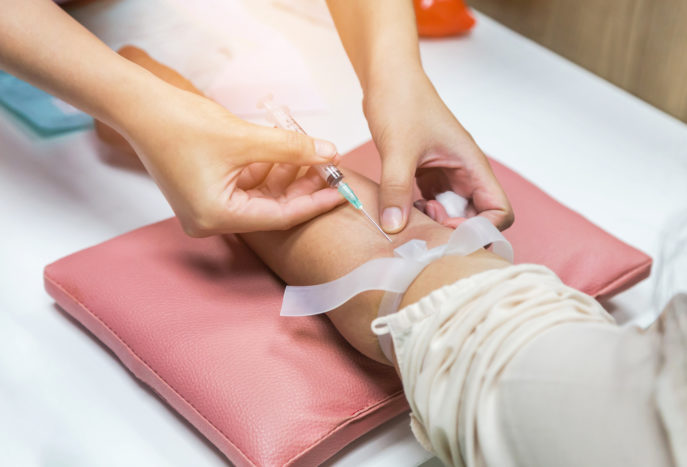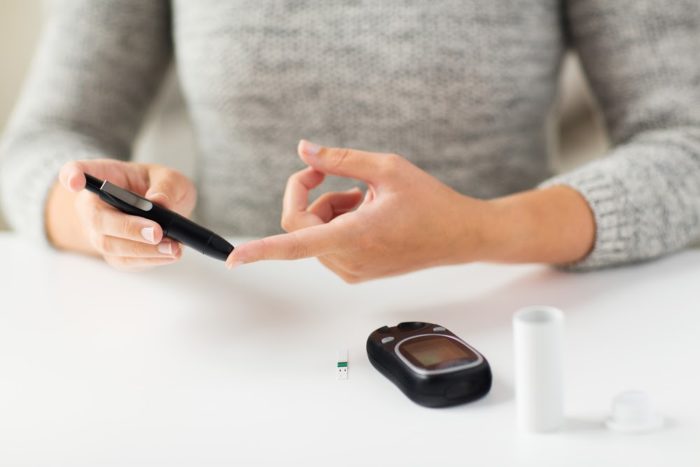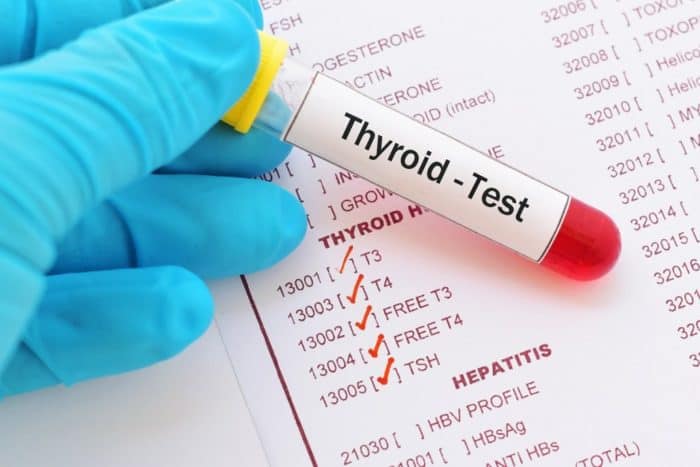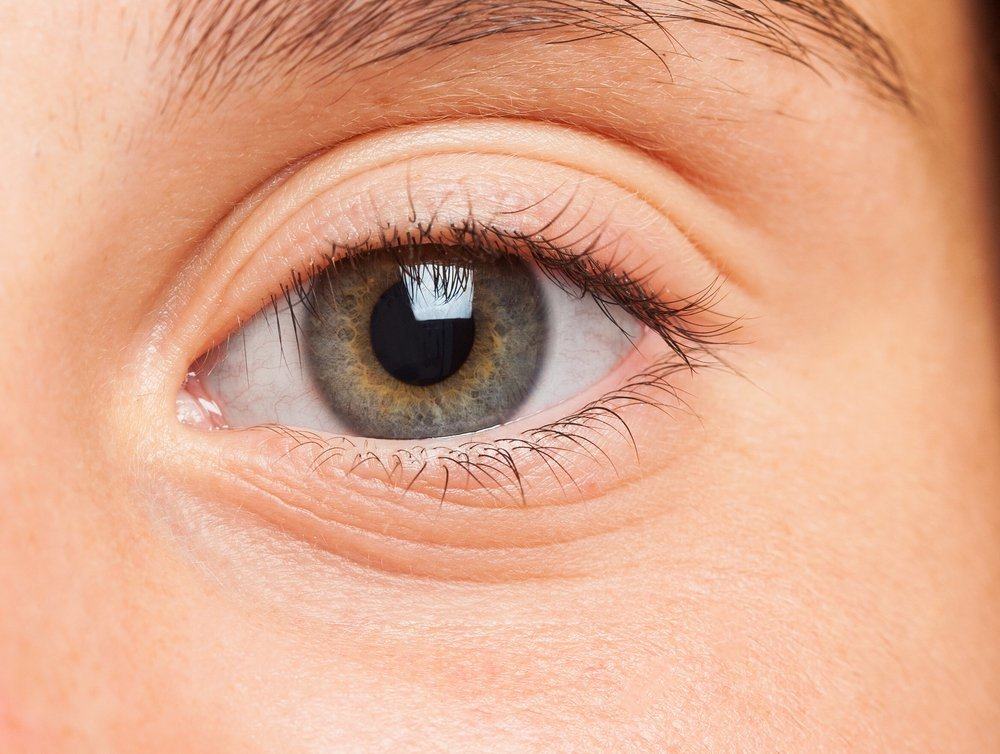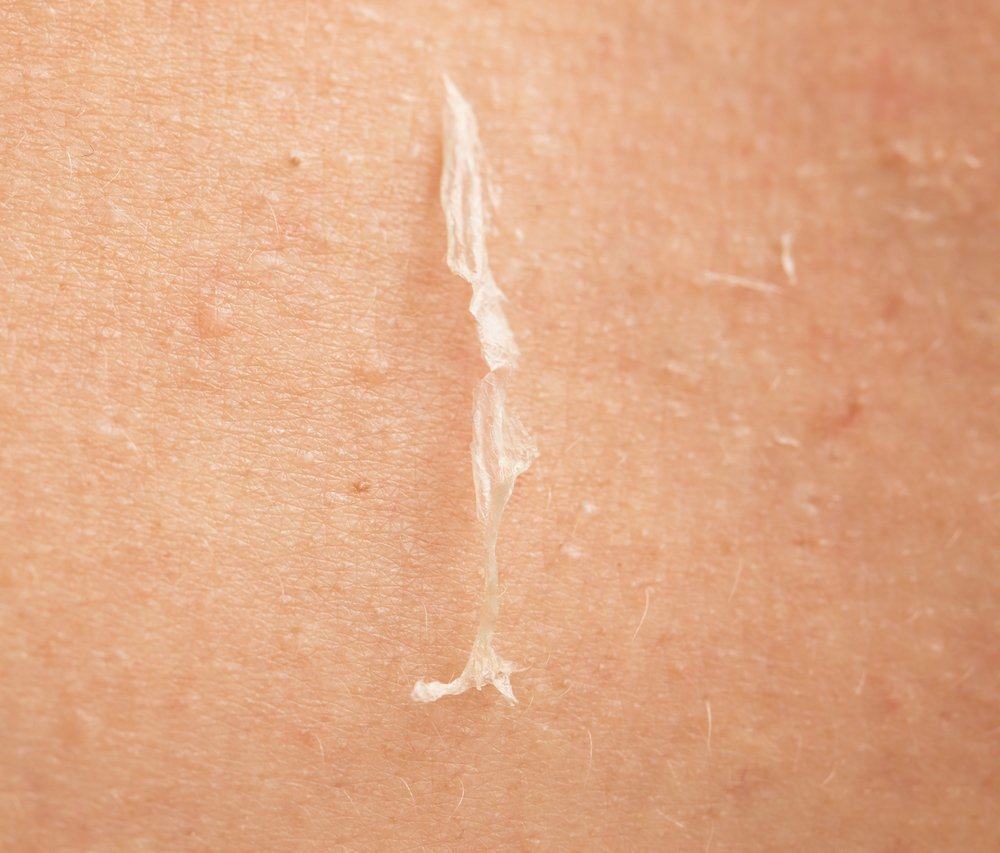Contents:
- Medical Video: Which screening tests are performed during pregnancy? - Dr. Anitha Prasad
- Pre-pregnancy health tests should be performed by women
- 1. Blood test to determine genetic disease
- 2. Check blood sugar
- 3. Thyroid function tests
- 4. Check medicines
- 5. Pap smear
- 6. Venereal disease test
Medical Video: Which screening tests are performed during pregnancy? - Dr. Anitha Prasad
Before planning a pregnant program, it's good for women to do it check-up pre-pregnancy to the doctor. As suggested by Dr. Mary Jane Minkin, a specialist in obstetrics and gynecology from Yale University of School Medicine, women should first check their health with an obstetrician before trying to get pregnant. According to Dr. Mary Jane, the purpose of which is to find out about any abnormalities and health problems that are at risk for the mother, baby, and also her pregnancy. What are the pre-pregnancy health tests that are recommended for prospective mothers?
Pre-pregnancy health tests should be performed by women
1. Blood test to determine genetic disease
Director of obstetrics and gynecology at Johns Hopkins Medicines, Dr. Sheri Lawson, recommends that women undergo blood tests as a health test before becoming pregnant.
Doctors recommend blood tests to detect genetic disorders such as cystic fibrosis (where thick mucus damages organs), Tay-Sachs disease (a condition that destroys nerve cells in the body), or sickle cell (condition of absence of red blood that delivers oxygen throughout the body).
This is intended if you or your partner brings certain genetic diseases, risks in pregnancy and babies can be avoided. If indeed you find a disease gene between you and your partner, Dr. Sheri Lawson suggested IVF so that the embryo gene can be tested first.
2. Check blood sugar
Blood sugar check is one of the pre-pregnancy health tests that must be done by prospective mothers with diabetes or prediabetes.
Prospective mothers with uncontrolled diabetes risk causing babies to be born with low blood sugar, stillbirths (stillbirth), or birth by caesarean section. Therefore, diabetic patients or women with excess weight are strongly advised to check blood sugar levels before starting the pregnancy program.
3. Thyroid function tests
Hypothyroidism is a condition where your body does not have enough thyroid hormone for the fetus to grow normally. In addition, if you are detected experiencing hyperthyroidism or the amount of thyroid hormones in the body, this can endanger the baby. Excessive thyroid hormones can cross the placenta of the baby and cause the risk of fetal thyroid to expand too.
Thyroid problems can be found through a simple blood test. A simple blood test can also be aware of the condition of HIV, hepatitis B or C, to syphilis that can be transmitted to your prospective baby.
4. Check medicines
Before planning a pregnancy, it's a good idea to make sure that the medication you are taking during the pregnancy program is suitable and does not have certain side effects.
Because, there are several drugs that are easy to react to certain conditions or other drugs. For example high blood pressure drugs and epilepsy drugs. So, check with your doctor first that the medicines you consume during the pregnancy program remain safe and will not cause harmful side effects.
5. Pap smear
For women who are married and have had sex, it is strongly recommended that you routinely undergo a pap smear test. One health test before pregnancy works for detecti HPV virus which can be the causecervical cancer (cervix) in women. Cervical cancer itself is one type of cancer that attacks women frequently.
If after a pap smear is found abnormalities in the uterus and vagina, then the doctor will do a biopsy. Well, this biopsy is better done before pregnancy occurs. Because if a pregnant woman underwent a biopsy, you could be at risk of experiencing pain, cramps, or even bleeding.
6. Venereal disease test
The Centers for Disease Control and Prevention (CDC) recommends that women, especially prospective mothers, carry out tests of venereal disease as one of the completeness check-uppre-pregnancy. The reason is, venereal diseases such as chlamydia or syphilis are often not detected early.
This can also complicate pregnancy because chlamydia can cause scar tissue in the fallopian tubes in the uterus. Certain venereal diseases can also inhibit conception so your chances of getting pregnant are smaller.


